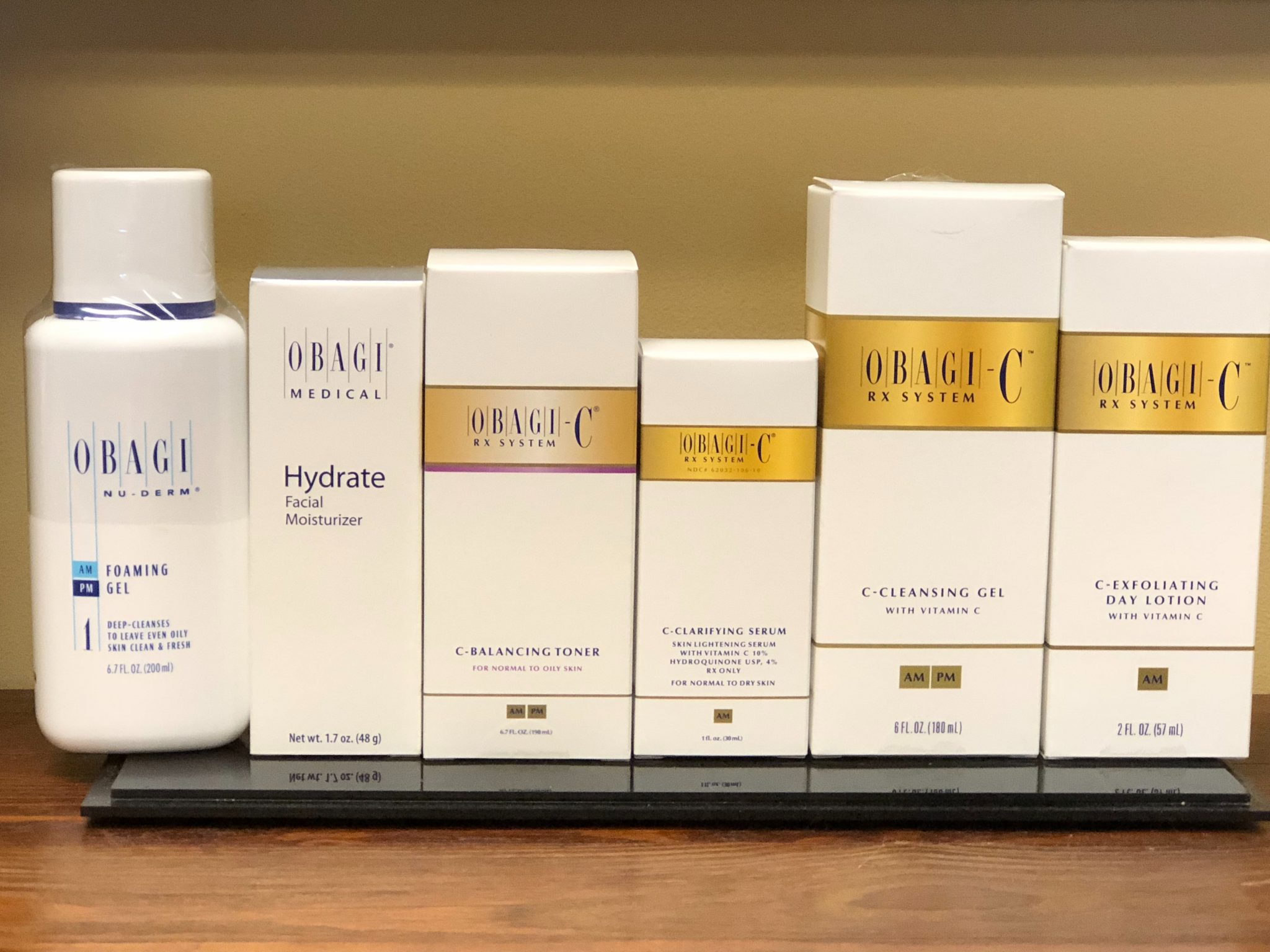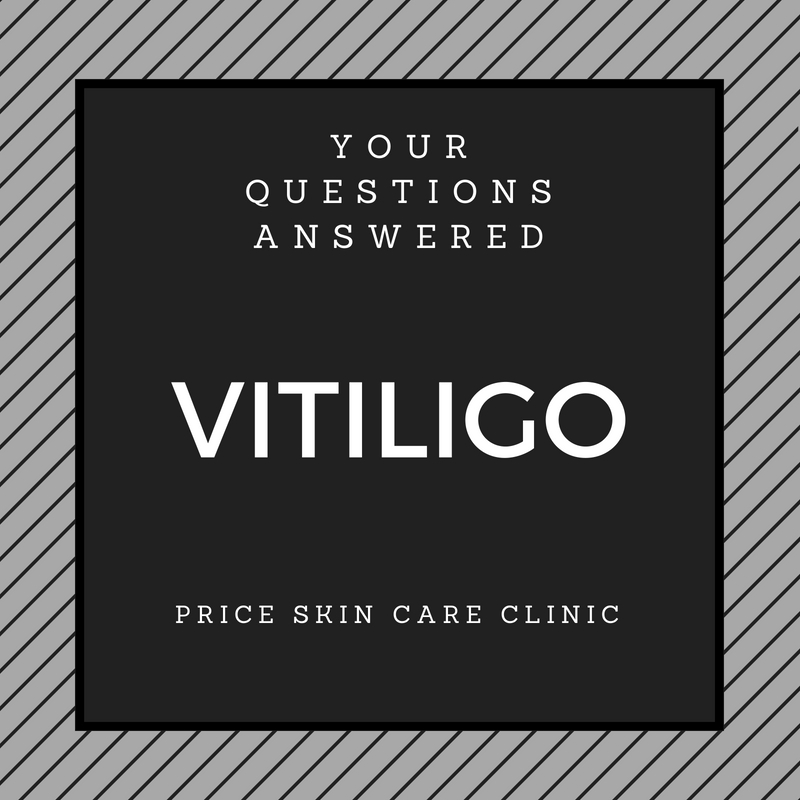January is the traditional time of year when many of us make New Year’s resolutions…
What The Color of Your Skin Says About Your Skin Cancer Risk Part 1: The Surprising Truth About Dark Skin and Skin Cancer Risk
In this two-part series we look at the skin cancer risks of two skin color types: those with dark skin; and those with red hair and fair-skin. Our goal is to dispel any myths that might surround these skin color types and advocate healthy skin care practices for everyone.
In Part 1 of this series we look at ‘The Surprising Truth about Dark-Skin and Skin Cancer Risk’
It might shock you to learn that according to a recent study, African-Americans are more likely to be diagnosed with late-stage melanoma than other any skin color type. And once diagnosed, this group also has the worst prognosis and lowest survival rates.
Why?
These alarming statistics are likely due to the fact that 63 percent of African-Americans admit that they do not use sunscreen (according to a recent survey).
Simply put, the majority of African-Americans believe the myth that their dark skin protects them from the sun’s harmful rays.
“Just because your skin is dark doesn’t mean you aren’t at risk for skin cancer” says Richard Price, MD of Price Skin Care Clinic of Ridgeland, MS. “It’s true that the fair-skinned are at higher risk for both sunburn and skin cancer than those with dark skin. But this study proves that we still have work to do in educating African-Americans and other populations with dark skin to practice proper skin protection guidelines and have annual skin exams.”
In order to decrease the risks of skin cancer in those with dark skin as well as diagnose cancer before it spreads, it’s imperative to dispel the cultural myths surrounding the effect of the sun’s harmful ultraviolet rays on dark skin and encourage adherence to proper skin protection guidelines.
Here are three popular myths surrounding dark skin and skin cancer risks.
Myth #1: Those With Dark Skin Don’t Need Sunscreen
Within the African-American community as well as other dark-skinned populations, the myth that dark skin offers a built-in layer of protection against the sun is only partially true.
While increased pigment melanin in dark skin offers some built-in protection against UV rays, the amount of protection is only equal to a sunscreen with an SPF of 15. And that’s not enough protection.
The myth that those with dark skin don’t need sunscreen offers a false sense of security, encouraging dangerous behaviors that increase the risk of skin cancer.
Myth #2: Those With Dark Skin Don’t Get Skin Cancer
While skin cancer rates for those with dark skin are lower than those for populations of other skin colors, dark-skinned people DO get melanoma.
However, this myth prevails, evidenced by the fact that 52% of African-American skin cancer cases are diagnosed as late-stage melanoma (compared with 16% of those with fair skin).
It can be assumed that this myth discourages those with dark skin from practicing proper skin protection guidelines while outdoors.
Myth #3: Skin Cancer Is Caused Only by the Sun
For those African-Americans who do practice proper skin protection guidelines, they need to know that the sun is not the only cause of skin cancer.
In fact, African-Americans are at greater risk for a dangerous form of skin cancer called, ‘acral lentiginous melonoma’ (ALM). ALM most often appears on the palms of the hands and soles of the feet. Bob Marley, the famous Jamaican reggae artist, succumbed from this type of cancer at the age of 36.
Because of this increased risk, African-Americans should conduct monthly skin exams and have an annual skin exam.
What You Can Do To Protect Yourself
In addition to increased education about the dangers of the sun’s harmful UV rays and the increased risk of skin cancers such as ALM, there are some important steps that African-Americans and other populations with dark skin can take to decrease the risk of skin cancer:
• Wear a sunscreen with a minimum SPF of 30.
• Avoid the sun’s most powerful UV rays between the hours of 10:00AM-4:00PM
• Wear protective clothing, hats and sunglasses.
• Perform a monthly skin self-exam
• See a skin doctor for an annual exam
Going outside for work or fun? Click here to learn what you should you pack in your ‘Summer Skin Survival Kit.’
If you’d like to schedule a consultation or annual skin exam with Dr. Price, please call: (601) 992-3996.




